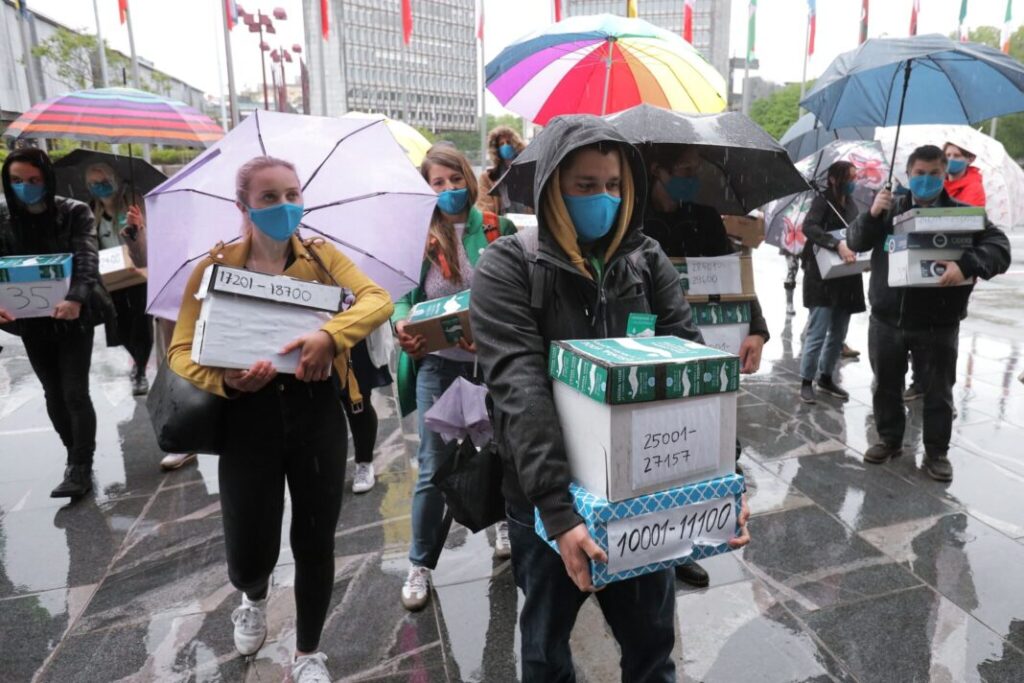The Ministry of the Environment and Spatial Planning regrets that the signatories of the referendum, who wanted to protect drinking water, were misled. The fact is that activities in connection with the Water Act, the purpose of which is water protection and flood safety, have become politicised and that, unfortunately, this is no longer a professional issue or a civil society activity. The direct activation of the opposition parties (as follows from the SD call below) in collecting signatures indicates that the law and drinking water have been abused in political agitation.
According to the National Assembly of the Republic of Slovenia, the Drinking Water Movement brought almost 50,000 certified signatures of voters to the National Assembly under the request to call a legislative referendum on an amendment to the Water Act. In a response to the public, they gave their opinion at the Ministry of the Environment and Spatial Planning, where they regret that the signatories were “unfortunately misled by the referendum proponents.” Thus, they did not sign for the protection of drinking water, as the referendum proponents convinced them, but against the additional protection of drinking water, greater flood safety, and the tightening of conditions for construction in the coastal zone.
The new water law, which is being demolished by the proponents of the referendum, enables greater flood safety, as it brings additional financial resources for the maintenance of watercourses and the provision of flood safety to a large number of citizens.
With the new water law, drinking water is additionally protected, as the conditions for construction on coastal lands are being tightened. It will no longer be possible to build industrial facilities in this area, and all other interventions in the coastal zone will be under stricter control. In the event of negative impacts on water and the environment, these interventions will not be possible.
The new law prevents the privatisation of water. Water resources will be protected even more than before. The new water law prohibits the construction of private facilities on coastal lands.
Slovenian rivers, lakes and the sea will be additionally protected by the new water law, and municipalities will have easier access for the maintenance and regulation of watercourses or coastal land and the installation of essential public infrastructure.
Sara Kovač


